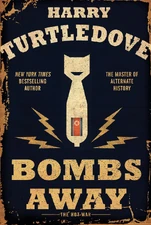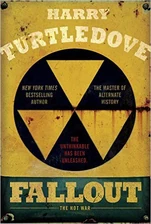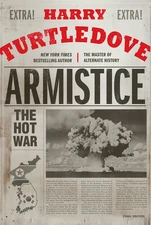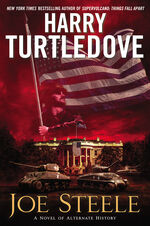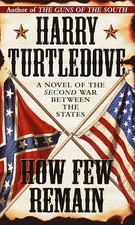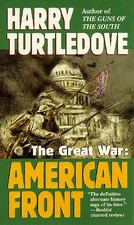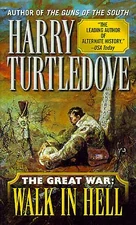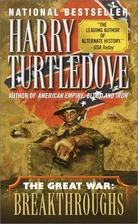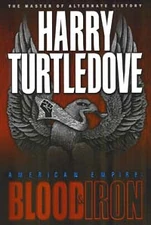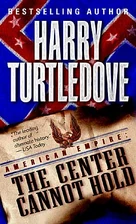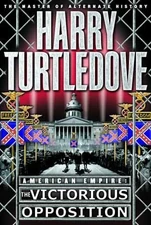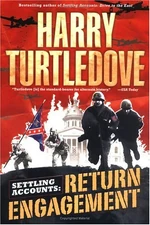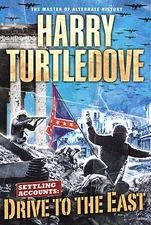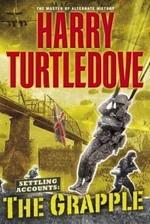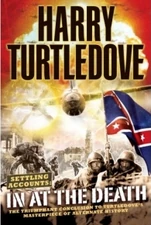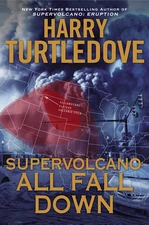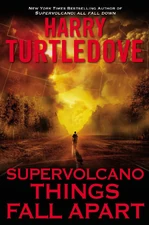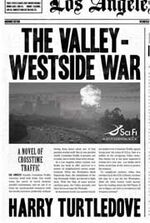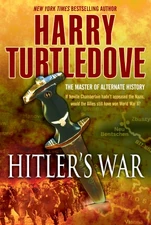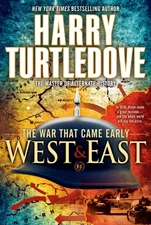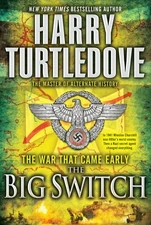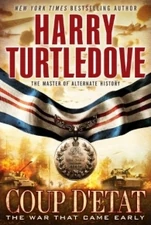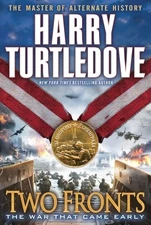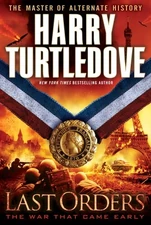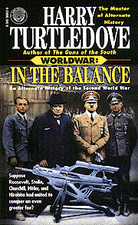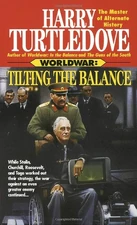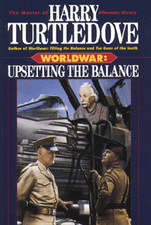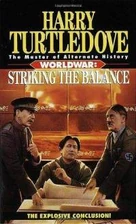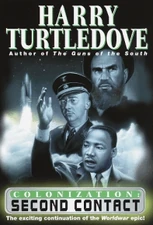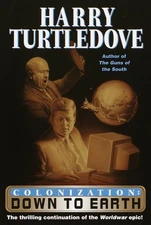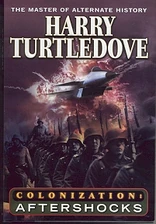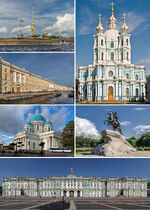
St. Petersburg is a city and a federal subject of Russia located on the Neva River at the head of the Gulf of Finland on the Baltic Sea. From 1914-1924, it was called Petrograd, and from 1924-1991, it was called Leningrad after the late Soviet leader Vladimir Lenin. The name was restored to St. Petersburg after the fall of the Soviet Union.
Founded by Tsar Peter the Great on 27 May 1703, it was the capital of the Russian Empire for more than two hundred years (1713–1728, 1732–1918). Petrograd ceased being the capital in 1918 after the Russian Revolution, when the capital was moved to Moscow.
Literary comment[]
Most Harry Turtledove timelines involving St. Petersburg are set when the Soviet Union still exists and St. Petersburg is called Leningrad.
St. Petersburg in The Hot War[]
Leningrad was still regarded, for its role in World War II, as a hero city by the Soviet Union at the outbreak of World War III. Leningrad was one of several cities in the Soviet sphere of influence the United States bombed with ordinary explosives on the night of 24 February 1951. Yuri Levitan of Radio Moscow claimed that the attack claimed the lives of innocent children playing in a park, even though the attack came at night.[1]
After the Soviets completed a series of atom bombings on the U.S. on 2 March, the U.S. responded with substantial atomic bombing against Soviet territory. Leningrad was among those cities hit.[2] As part of the Soviet attack, Boris Gribkov and his Tu-4 crew dropped an atomic bomb on Seattle. The Soviet navy successfully rescued the entire crew from the Pacific Ocean and they were assigned a new aircraft in an airfield outside of a heavily damaged Leningrad.[3]
St. Petersburg in Joe Steele[]
Leningrad was besieged by German forces in 1941.[4]
St. Petersburg in "The Phantom Tolbukhin"[]
Leningrad fell swiftly to the German invasion in 1941.[5]
St. Petersburg in Southern Victory[]
St. Petersburg had been the capital of Russian Empire since 1713. In 1914, when the Great War began, the city was renamed Petrograd, in order to make it sound less German. When the war ended in 1917, the city was host to a number of unstable governments as the Russian Civil War consumed the country.
When the Second Great War began in 1941, Petrograd was isolated from the conflict, but in 1943 as the fighting in the Ukraine turned in favour of the Germans, the capital came within reach of aerial bombardment. In 1944, the entire city was destroyed by Germany's first superbomb, becoming the first city in the world to fall victim to such a weapon. After the bombing, the capital was relocated to Moscow.
Newsreel footage of the city's burnt-out remains were screened in movie theaters throughout the United States. The footage showed a statue of Tsar Peter the Great which had survived the bombing. It looked as if it had been melted from the top down.
St. Petersburg in Supervolcano[]
Rob Ferguson thought that one city's multiple names - St. Petersburg, Petrograd, Leningrad, and back to St. Petersburg - might make for a good song for Squirt Frog and the Evolving Tadpoles. The idea came to Ferguson when he thought about how Saigon had gone to Ho Chi Minh City while contemplating the excellent Vietnamese food at the greasy spoon next door.[6]
St. Petersburg in The Two Georges[]
St. Petersburg was the capital of the Russian Empire.[7] It had a newspaper called the Iskra, which Thomas Bushell thought might be the only newspaper in the world not to carry news of the Sons of Liberty's ransom demand for The Two Georges.[8]
St. Petersburg in The Valley-Westside War[]
Leningrad was nuked during the Russian-American War of 1967.[9]
St. Petersburg in The War That Came Early[]
After Germany's 1940 armistice with England and France, the U-30 was reassigned from the North Sea to the Baltic, to bottle up Soviet ships in Leningrad.[10]
St. Petersburg in War World[]
Around 2090, two or three hundred Russian Nationalists were rounded up in St. Petersburg and taken to a detention center in Riga, Latvia.[11]
St. Petersburg in Worldwar[]
During Operation Barbarossa, Leningrad was a target of the German Wehrmacht, which resulted in a long and bloody Siege. The Siege came to an abrupt end at the start of June 1942, when the Race landed. Soviet fighter pilot Ludmila Gorbunova had to overcome her bitter memories of the Siege when she fought alongside the Germans.
References[]
- ↑ Bombs Away, pg. 121.
- ↑ Ibid., pg. 183.
- ↑ Ibid., pg. 248-249.
- ↑ Joe Steele, pg. 243, HC.
- ↑ See, e.g., Counting Up, Counting Down, p. 115.
- ↑ Eruption, p. 33.
- ↑ The Two Georges, p. 147, HC.
- ↑ Ibid., p. 105, HC.
- ↑ The Valley-Westside War, p. 249.
- ↑ The Big Switch, p. 260.
- ↑ CoDominium: Revolt on War World, pg. 300. mmp.
| |||||||||||||||||||||||||||||||||||||||||||||||||||||||||||||||||||||||||||||||||||||||||||||||||||||||||||||||||||||||||||||||||||||||||||||||||||||||||||||||||||||||||||||||||
